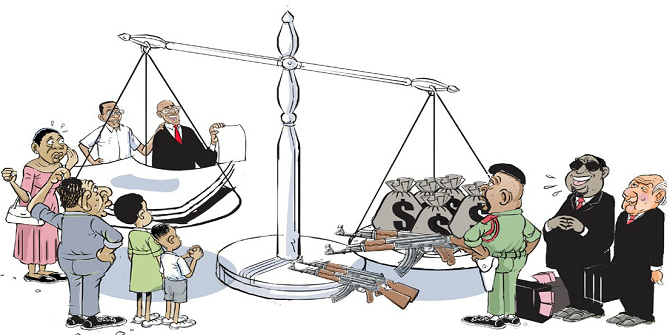
In a new article in Foreign Affairs, JSRP Research Director Alex de Waal argues that while the return of oil production to South Sudan is good news in the short term, the country’s longer-term prospects will depend on diversifying their resource base and making peace with their northern neighbour.
Sizzling South Sudan: Why Oil is Not the Whole Story, is part of a five-part Foreign Affairs series examining the world’s fastest-growing economies. South Sudan ranks among them, with “astonishing” 70 percent economic growth projected for this year, in part due to its rapid recovery from an economically catastrophic 2012. That year, the shutdown of oil production over conflicts with the North forced a contraction of the country’s GDP by 55 percent, while inflation surged 60 percent.
De Waal argues that South Sudan’s return to oil production is a welcome development, but not a long-term solution for the country. According to industry estimates, the country’s known oil reserves will last only another decade or so. But shared pipelines and distribution networks with the north mean that even short-term oil developments will depend on ongoing cooperation between the two countries.
De Waal, who served as a senior advisor to the African Union-led negotiations between North and South Sudan between 2009 and 2012, calls prospects for this kind of continued collaboration “grim”, citing ongoing conflicts in two Sudanese states near the border with the South, and disputes over the area of Abyei, which both the North and South claim.
Given these problems with South Sudan’s oil sector, de Waal writes that in the longer term, the country’s most valuable resources will not be oil, but rather agricultural land and water. Developing the market for these requires opening the country to foreign investors, from international supporters like the U.S., to immediate neighbours, including Sudan. To move the country forward, de Waal argues, South Sudan must
establish sound internal governance and the basis for a productive economy in the long term. The country has the advantages of some of the world’s best agricultural land, a globalized population, and a tremendous reservoir of goodwill. It also has the opportunity to bank the peace and cooperation agreements with its northern neighbor. … More than any other single factor, South Sudan’s prospects depend on its ability to build a mutually beneficial relationship with its difficult northern neighbor.
You can read the full article here (registration required).




